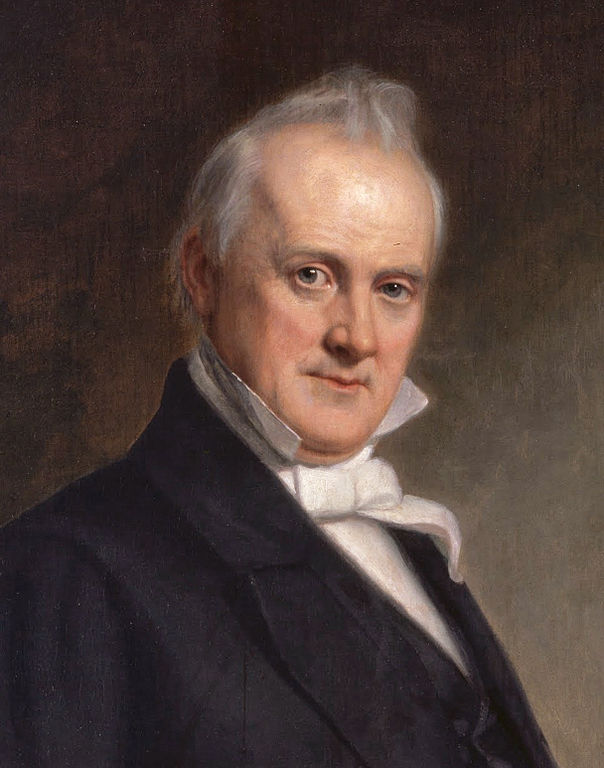From: History of American Elections by John Freeman, 2007
From: America's Presidents, Joseph Gomez, 2012
From: History of American Railways, Bobby Horace, 1997
From: America's Presidents, Joseph Gomez, 2012
[1]So, to better explain how Clay won. Their are two big reasons. One is that the Whigs had a much better turnout, about the same as the Democrats (for comparison, OTL the turnout only increased 5%). Another reason is Clay turning hard against the annexation of Texas as opposed to waffling about it.
The election of 1844 was extremely close. The Democrats nominated James K. Polk, and staunch believer in Manifest Destiny, while the Whigs elected Henry Clay, a candidate who preferred an anti-war policy and focused on internal issues. Both parties voter turnout increased by almost 20 percent. In the end, Clay's policy against the annexation of Texas gained him the strategic state of New York, allowing him to win with 146 votes, as opposed to Polk's 129. [1]

The Election of 1844

The Election of 1844
From: America's Presidents, Joseph Gomez, 2012
Henry Clay and his Whig Party were known for focusing on internal improvements rather than expansion and foreign policy. Thus, the first term of the Clay Administration was mostly quiet, focusing on building up infrastructure and the economy. Clay's economic policy would be to continue the "American System" he helped design back in the early 1800s, allowing American factories and the manufacturing sector to grow and challenge British and other European companies. Clay managed to get Tariffs up to 15-20 percent in some areas, allowing American manufactured goods to be cheaper than imported ones. While the south was generally opposed to this, many cotton mills would open up inside the southern states, allowing the south to, slowly but surely, move towards a more industrial economy. Clay established a Third Bank of the United States, allowing the country to move towards a more unified economic policy. Another important part of Clay's first term was the creation of many public transportation systems, such as roads, canals, and railways.
From: History of American Railways, Bobby Horace, 1997
Henry Clay's presidency was instrumental to the fast growth of the railroad industry. Under Clay, the American government funded the building of railways and helped push the industry into the west. Clay allowed for railroads into part of the Oregon Trail, and though it hardly went the entire route, it was at least partially responsible for the huge influx of American settlers in the Oregon Country.
From: America's Presidents, Joseph Gomez, 2012
As far as Clay's foreign policy goes, he mostly attempted to peruse friendly relations with Great Britain and the Latin American states, especially Mexico. He worked to broker a peace deal between Mexico and Texas, allowing Texas all of her claims exluding the Nueses Strip. He also recognized and supported the independence of the Dominican Republic from Haiti.
[1]So, to better explain how Clay won. Their are two big reasons. One is that the Whigs had a much better turnout, about the same as the Democrats (for comparison, OTL the turnout only increased 5%). Another reason is Clay turning hard against the annexation of Texas as opposed to waffling about it.
Last edited:


